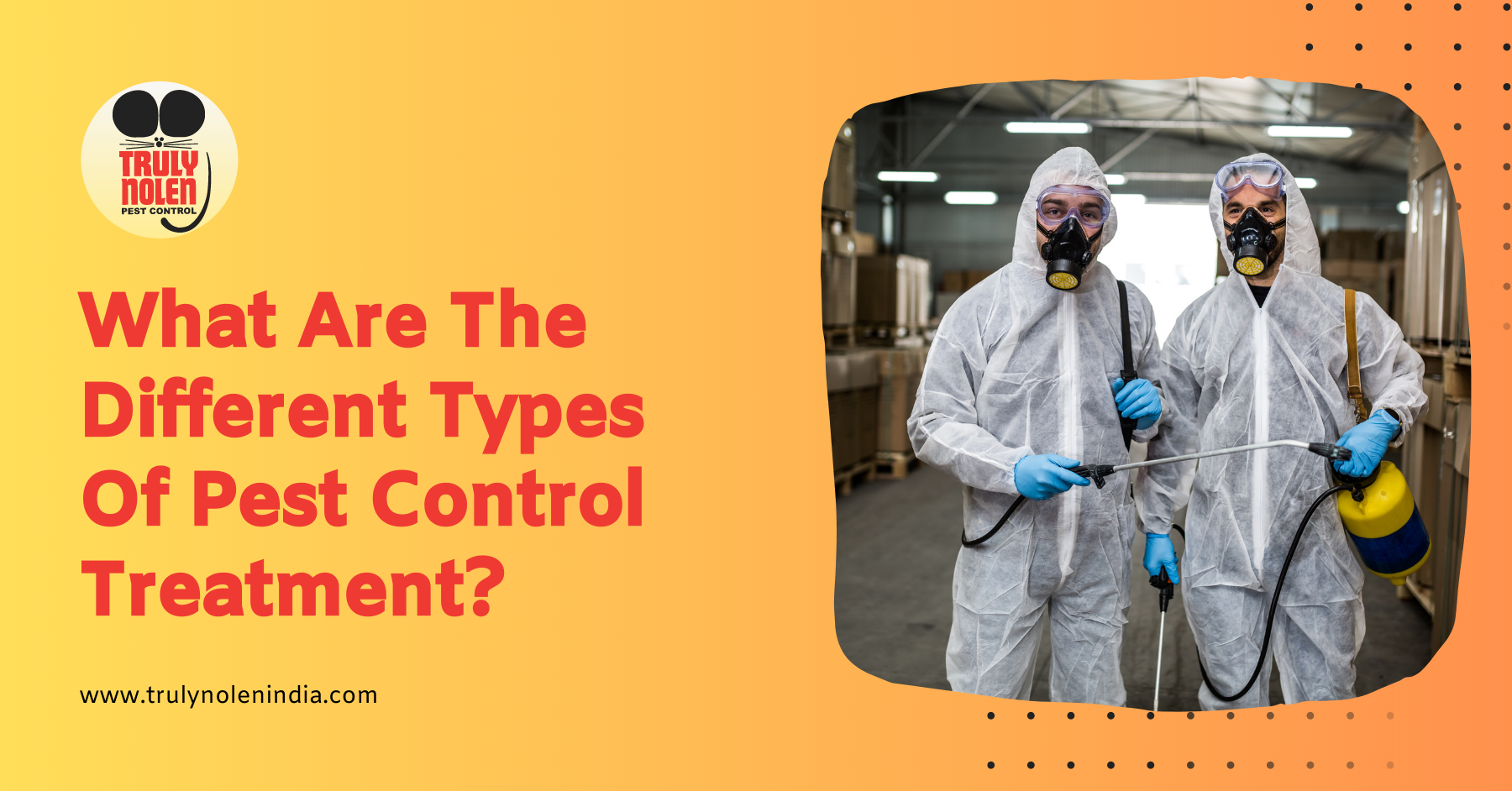Pest Control Fundamentals Explained
Table of Contents7 Simple Techniques For Pest Control10 Easy Facts About Pest Control DescribedPest Control for DummiesThe Ultimate Guide To Pest ControlIndicators on Pest Control You Should Know
Limitations of Chemical Administration Have the ability to examine bug issues, figure out if administration is required, and make appropriate recommendations making use of IPM strategies. Be acquainted with different methods of parasite monitoring - their advantages and restrictions. Comprehend the value of advantageous insects. It is not possibleor also desirableto rid yards of all insects.This chapter talks about (IPM), an approach that uses expertise regarding bugs and their, methods, nonchemical techniques, and pesticides to manage parasite problems. Extra info concerning IPM for details plants is included in phases that focus on those plants. Nonchemical insect control measures are worried in phase 17, "Organic Gardening." Handling birds and mammals is covered in chapter 20, "Wild animals." Managing in the lawn and yard is covered in chapter 6, "Weeds." Bugs in a yard or landscape may consist of pests and mites, weeds,, animals, and birds.
Lots of people rush to draw, hoe, or spray every weed they see. Pests and weeds, however, play a function in the. After growing a yard or establishing a lawn, the natural process of plant succession starts to improve and nonnative plants. A weed growing in a grass stands for the first stage in a sequence of events that, if enabled to proceed, can eventually result in a forest.
What we call "parasites" are component of a natural system at work. Just people think about specific types insects when they happen where they are not wanted.
A Biased View of Pest Control
Parasites prone to a chemical were rapidly eliminated, leaving resistant ones to breed and increase. It became clear that chemicals alone would certainly not resolve all parasite problems.
An IPM plan permits some degree of insects in the atmosphere. Parasites are much less likely to endure a program that makes use of several methods of minimizing their populaces. Integrated pest management was very first recommended by entomologists due to the fact that insects were the initial team of pests to show tough to take care of with chemicals alone.
A limit is the factor at which activity need to be taken. IPM has actually expanded past pests to management of all pest populations: weeds, illness microorganisms, and creatures.
The Buzz on Pest Control
Management as opposed to obliteration of parasites is the goal. An IPM plan starts with a cautious evaluation of each parasite problem. Only after that can one make a decision regarding the appropriate methods needed to reduce pest tasks. The life cycle of the pest, feasible damage, all-natural enemies, and results of weather condition, to name a few elements, are considered prior to a control plan is applied - Pest Control.
Clover growing in a grass may be checked out as an unwanted weed, however as a bean it is manufacturing nitrogen for the dirt and the flowers are giving nectar to honey bees and various other. Resistance for some weeds may be component of an IPM plan. might be eating the fallen leaves of a plant, but when they are recognized as the larvae of Eastern tiger swallowtail butterflies, their damage might be tolerated so we can enjoy the lovely butterfly.

The second most vital tool in parasite administration is early treatment. Being present and watchful in the garden makes certain early discovery. Reacting to troubles rapidly, prior to they have time to multiply, calls for a less remarkable treatment. The third crucial tool is recordkeeping; tracking what takes place in the garden allows a garden enthusiast to acknowledge patterns and make educated decisions.
Not known Details About Pest Control
Many safe, functional, nonchemical techniques of plant defense and parasite monitoring might reduce or eliminate the requirement to spray. Other techniques are most helpful when utilized with chemicals. To implement management practices correctly and to reduce losses, gardeners ought to understand the types of insects that attack plants and understand pest biology.

Carrying out a dirt test and using only the advised amount of plant food and lime takes full advantage of the advantage get more to the plant while decreasing issues connected to excessive usage of plant food navigate to these guys - Pest Control. Covering the soil with numerous inches of mulch safeguards the plant in numerous ways: minimizing dirt water loss to evaporation, lessening weed competitors, supplying nutrients, and developing a suitable atmosphere for earthworms and microorganisms that maintain the dirt loose for origins and damage down natural product to release nutrients
If mulch touches the trunk, it can create a method for voles, germs, and fungi to assault the plant. Do not utilize manure or garden compost that has not completely disintegrated as a leading clothing since it can motivate unfavorable bugs. Research study suggests that farming is damaging to soil framework.
The Main Principles Of Pest Control
If tilling is considered required, think about doing it in the fall when the life cycles of several parasites brings them near the surface area. At the surface, pests become revealed to the weather along with birds and other natural opponents. Loss tilling can likewise damage bugs in crop deposits. Use healthsome and insect-free licensed seeds and plants if available.